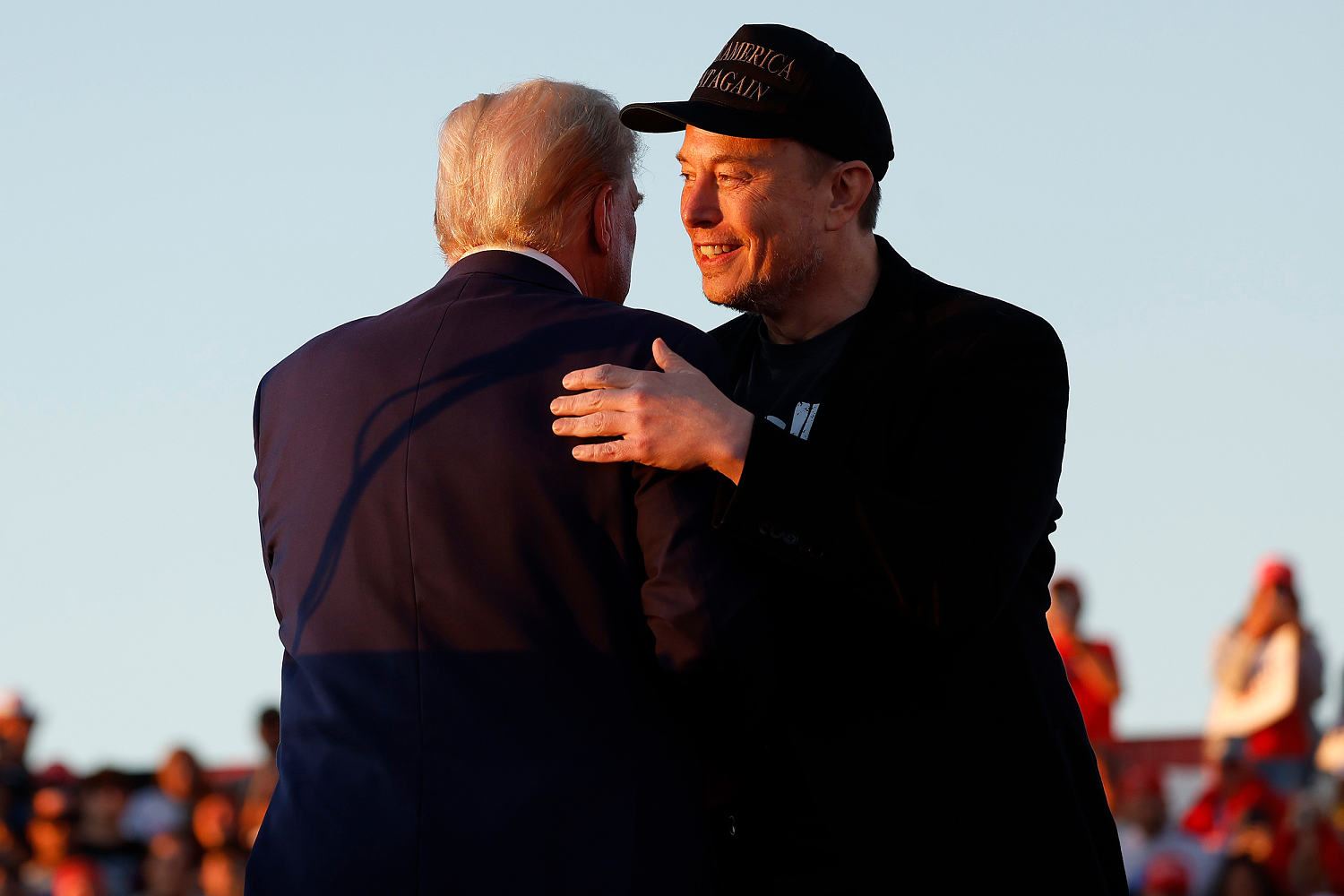
Here’s a timeless dictum that aptly applies to election administration: Everything looks suspicious when you don’t know how anything works.
Elections are a complex mix of diverse laws, procedures, technology and exhaustive manual cross-checks. Contrary to what many believe, elections officials do not blindly accept the numbers that come out of voting machines, nor do they count the mail ballots that are delivered to elections offices without validating them first. Free and fair elections rely on a multilayered system of processes based on human due diligence and automated technological tools. Unfortunately, this complexity takes longer to explain than simplistic conspiracy theories. And with less than 20 days remaining before Election Day, we are seeing a marked uptick in the number of wrongheaded claims about how elections are run.
I’m not optimistic that Musk has the self-control to avoid poking the bear with the possibility of more defamation lawsuits.
The latest prominent public figure to stoke public confusion and efforts to undermine public confidence in elections is Elon Musk. At a recent “town hall”-style appearance in the battleground state of Pennsylvania, Musk went “full-MAGA.” The billionaire repeated the same lies that Donald Trump peddled four years ago about mail-in voting and voting technology, including referring to the false claim that Dominion Voting Systems helped rig the 2020 election.
These lies were familiar to me from my time in charge of Twitter’s civic integrity team, fighting disinformation and misinformation on the platform (I left the company before Musk purchased it). The claim about Dominion was particularly noteworthy given that the company has not been shy about legal action over such lies. In 2021, for example, Dominion filed a defamation lawsuit against Fox News, leading to a $787.5 million settlement with the network two years later. I’m not optimistic that Musk has the self-control to avoid poking the bear with the possibility of more defamation lawsuits, but he would be on safer ground if he stopped talking about election administration and voting technology. He doesn’t understand the facts.
“When you have mail-in ballots and no proof of citizenship,” Musk claimed, “it’s almost impossible to prove cheating.” This suggestion that mail-in ballots are not validated to filter out ballots from ineligible (or “noncitizen”) voters is false.
With mail-in voting, the issuance of blank ballots is highly controlled. Mail-in voting processes ensure that blank ballots are sent only to registered voters, just like in-person voting. More specifically, before sending any ballots, election officials match them with voter registration records.
Furthermore, when voters return marked ballots to their local elections office, there are strict verification protocols. Before a ballot can be scanned and counted, election officials confirm that the ballot return envelope has a barcode in the specific format that the elections office uses; the barcode on the envelope links to a valid voter registration record; and a ballot was actually mailed to the voter at hand.
The fact of the matter is that election officials do not blindly trust computer programs.
Finally, signature verification is a critical part of ensuring that only valid ballots from eligible voters get counted. Some larger jurisdictions even train their elections staff and bipartisan teams on handwriting analysis from forensic experts associated with the FBI. If a ballot return envelope is missing a signature, or if the signature does not appear to match the one in voter registration files, the ballot might not be counted or additional steps must be taken to validate the voter’s eligibility and identity. Whether voting happens in-person or by mail, the only ballots that are counted are those that are confirmed to be associated with an eligible voter, and ballots that cannot be associated with an eligible voter are not counted. Period.
Musk also called it “weird” that Dominion voting machines were supposedly uncommon in much of the country, but used in key precincts like Philadelphia and Arizona’s Maricopa County. “Doesn’t that seem like a heck of a coincidence?” he asked.
The answer is “no,” because this “coincidence” is a myth. First, Musk’s implication that Dominion Voting Systems has technology only in strategically important locations is easily disprovable. The voting technology marketplace in the U.S. is in fact highly concentrated, and Dominion is one of the top two vendors in the U.S., with a market share of approximately 40%. There is no basis to suggest that Dominion has somehow cherry-picked only strategic jurisdictions.
Secondly, it’s public information that the city of Philadelphia does not use Dominion voting machines. That contract is in fact held by a major Dominion competitor, Election Systems & Software (ES&S, which also has a roughly 40% market share). In short, the implication that the baselessly-maligned Dominion is somehow (suspiciously?) engaged in Philadelphia, or only in a few “swing” jurisdictions, has zero basis in fact.
Perhaps Musk’s most bizarre argument came when he argued U.S. elections are vulnerable due to a lack of paper ballots. “The last thing I would do is trust a computer program,” he told the audience. This was a very strange comment from a businessman who is pitching automated driverless robotaxis and robovans that depend on computer-driven artificial intelligence to protect human lives, as well as computer-driven rockets that hope to extend human civilization through the colonization of Mars.
The fact of the matter is that election officials do not blindly trust computer programs. Indeed, one of the great recent successes in U.S. election administration is the widespread prevalence of voter-verifiable paper records in most precincts — upward of 95% — across the states. Growing legal requirements for robust, rigorous post-election audits further strengthen the validation of results and reduce the risk of reporting an incorrect election outcome. Again, in the U.S., voting technology does not exist in a vacuum, and election officials do not blindly accept its outputs.
With billions at his disposal and millions of social media followers, Musk’s reach makes his misinformation particularly influential. As elections rapidly approach, let’s hope that he resists further talk about election administration.
I’m not holding my breath.
